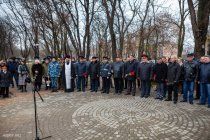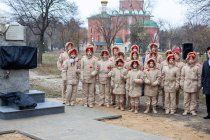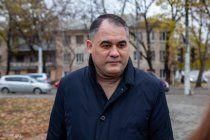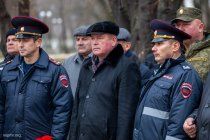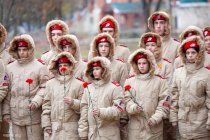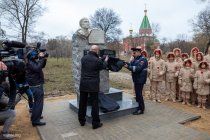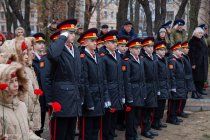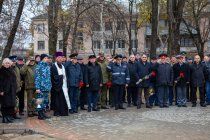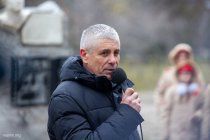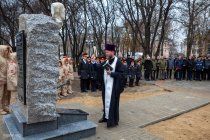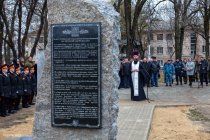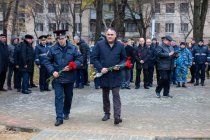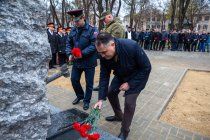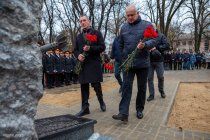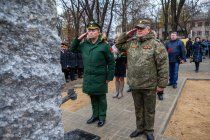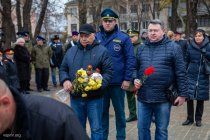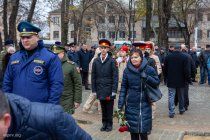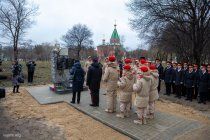 Русский
Русский English
English-







Lieutenant General Lebed Monument
A monument to the servicemen of the 14th Russian Army and Lieutenant General Alexander Lebed was opened today in Tiraspol, in Pokrovsky Park, previously known as the Kirov Park.
Those who knew and saw Lieutenant General Alexander Lebed in 1992 in Pridnestrovie, and those who understand the role the commander of the 14th Army played in the end of the armed conflict between Moldova and Pridnestrovie in June 1992, came to the opening of the monument. Employees of the Supreme Council of the Pridnestrovian Moldavian Republic were among them.
The monument to General Lebed and the military personnel of the 14th Russian Army was initiated by several parties to install in the capital. First, this proposal was made by the President of the Pridnestrovian Moldavian Republic Vadim Krasnoselsky, he was supported by the public organization "Peacekeeper" and the Tiraspol City Council of People's Deputies.
It was recalled at the opening ceremony that during the Moldovan aggression against Pridnestrovie, 826 people died, 310 of them were civilians. More than 100 thousand people were forced to leave their homes during the fighting. It happened historically that a Russian soldier comes to the rescue, they said in Pokrovsky Park. Many peoples were saved from complete extinction at the cost of Russian blood: Bulgarians, Greeks, Gagauz, Armenians, Kazakhs, Kalmyks, Kirghiz and many other peoples and nationalities. This happened in the Pridnestrovian land.
Fresh flowers lay down on the stove after the solemn opening ceremony of the monument. Everyone in Pridnestrovie knows about Lieutenant General Alexander Lebed, including the cadets, who also came to the opening of the commemorative sign.
The monument was opened in the former park named after Kirov, which is now called Pokrovsky. The place was not chosen by chance. Once upon a time, a full-length monument to the Soviet state and political figure Sergei Kirov stood on this place. A city cemetery was located on this site even earlier, where the soldiers of the Astrakhan Dragoon Regiment, who defended these lands for centuries, were buried.


